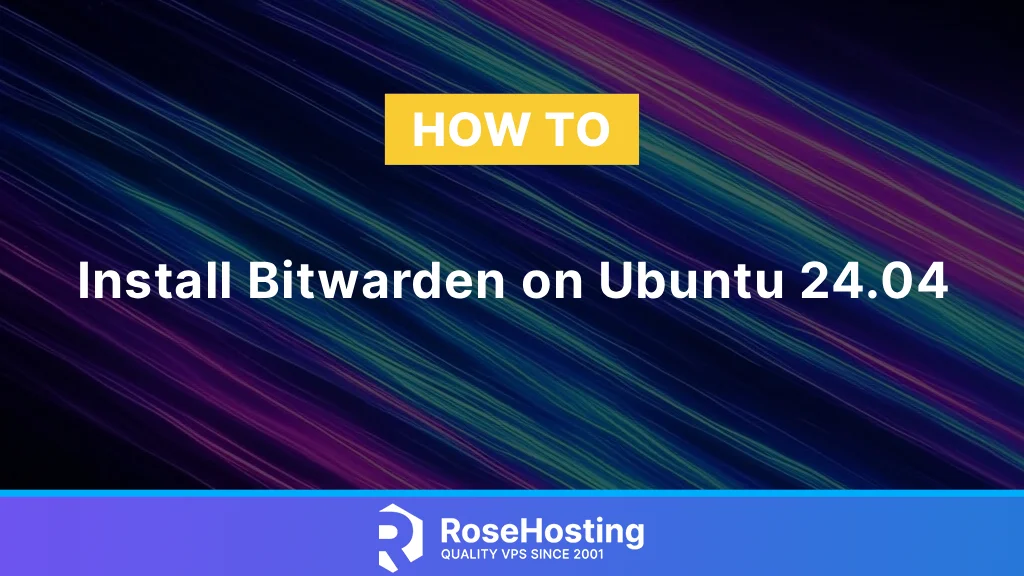
Bitwarden is a popular open-source password manager that allows you to securely store and share your passwords, notes, and other sensitive information. By running your own Bitwarden server, you gain complete control over your data and reduce your dependency on third-party services. Bitwarden offers different client applications: a web application, a browser extension, and a desktop application. In this tutorial, we will show you how to install Bitwarden on AlmaLinux 10 using Docker and Docker Compose.






